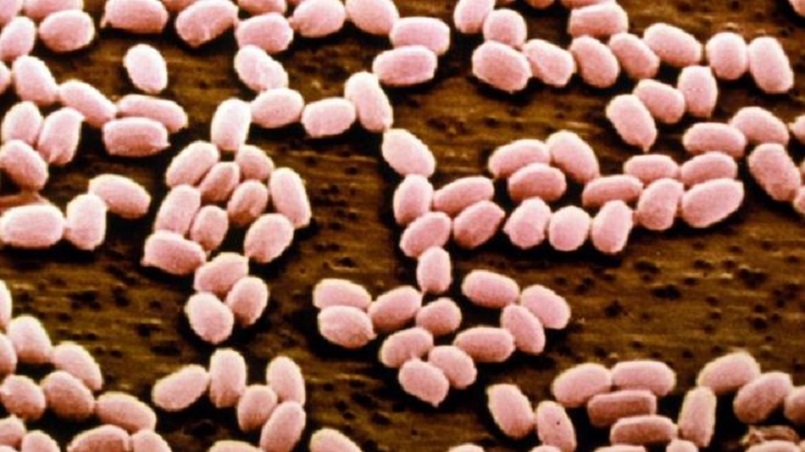
Ninety people are undergoing hospital checks in remote northern Russia because of an anthrax outbreak that killed a boy on Monday.
Eight people are confirmed as infected with anthrax, a rare but deadly bacterial disease. It is believed to have spread from reindeer.
More than 2,300 reindeer have died in the outbreak, in the Yamalo-Nenets region of Siberia. Reindeer-herding families have been moved out.
A heatwave has fuelled the disease.
Temperatures in the danger zone - now under quarantine - have soared to 35C.
Russia has sent troops trained for biological warfare to help deal with the emergency.
The local governor's spokeswoman, Natalya Khlopunova, told Tass news agency that about 50 children were among the 90 people in hospital.
"We decided to do checks on all the reindeer herders' children, even if they show no signs of illness," she said.
Dead animal risk
The families have been evacuated to a campsite about 60km (37 miles) from the infection hotspot.
Officials believe that the heat melted permafrost and exposed an infected reindeer carcass in the Siberian tundra, AFP news agency reports.
The last outbreak in the region was in 1941.
Anthrax is caused by Bacillus anthracis and can be deadly but usually it does not spread easily.
It largely survives as spores that hide away in soil for years before entering an animal through a cut or wound.
Traditionally the people most at risk have been those who handle dead animals, such as abattoir workers.
Anthrax can be treated with antibiotics but treatment needs to start soon after infection.
